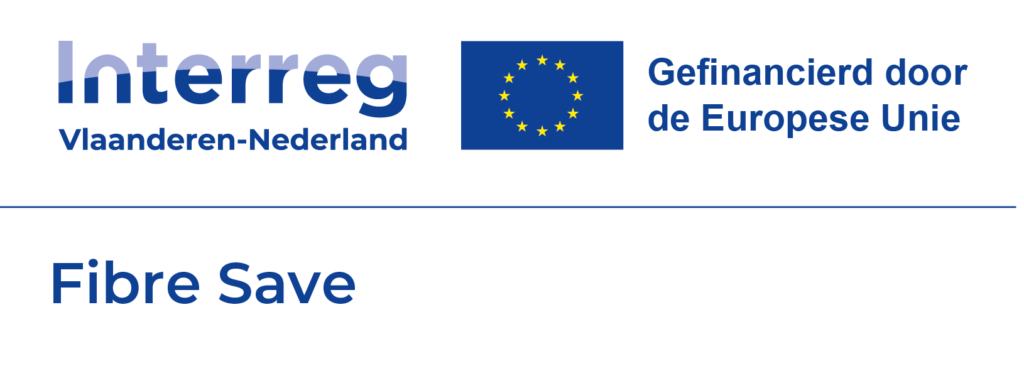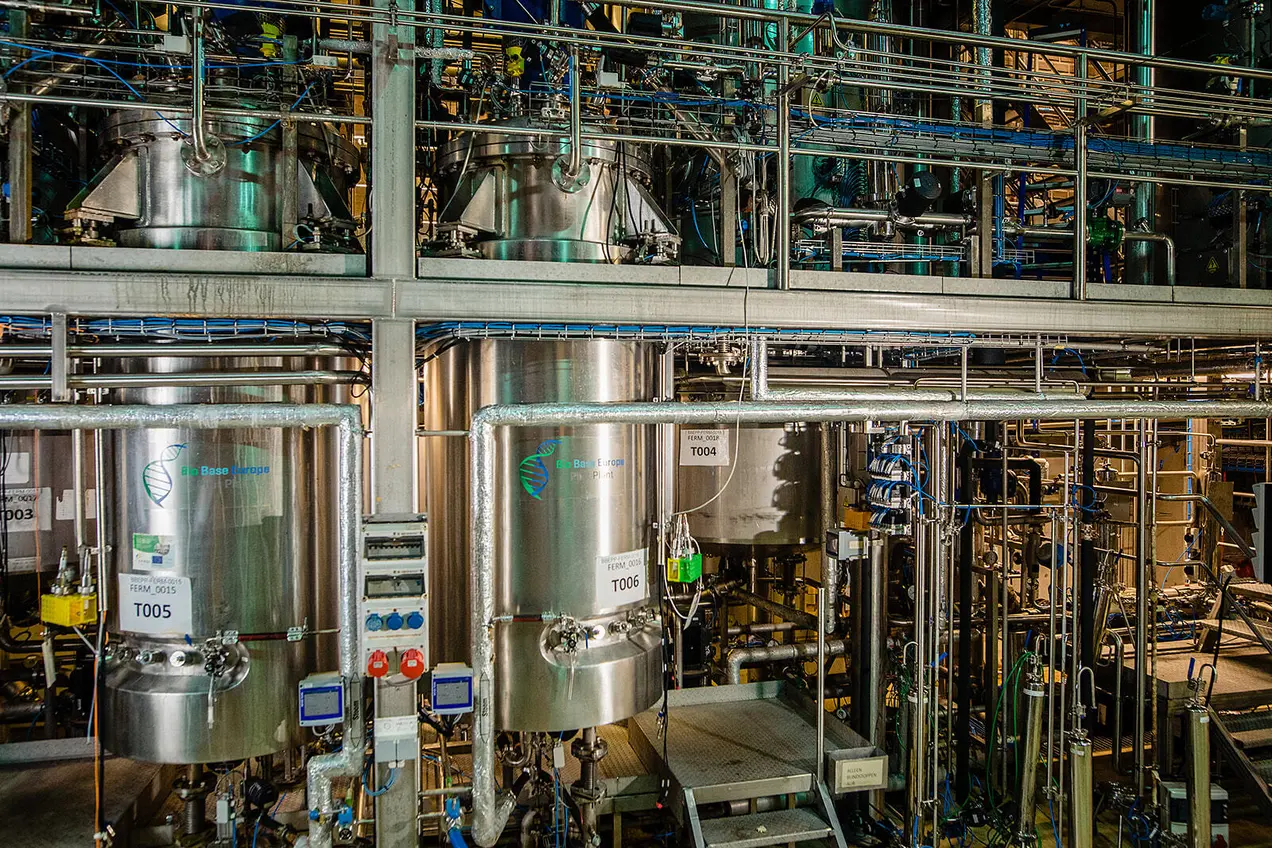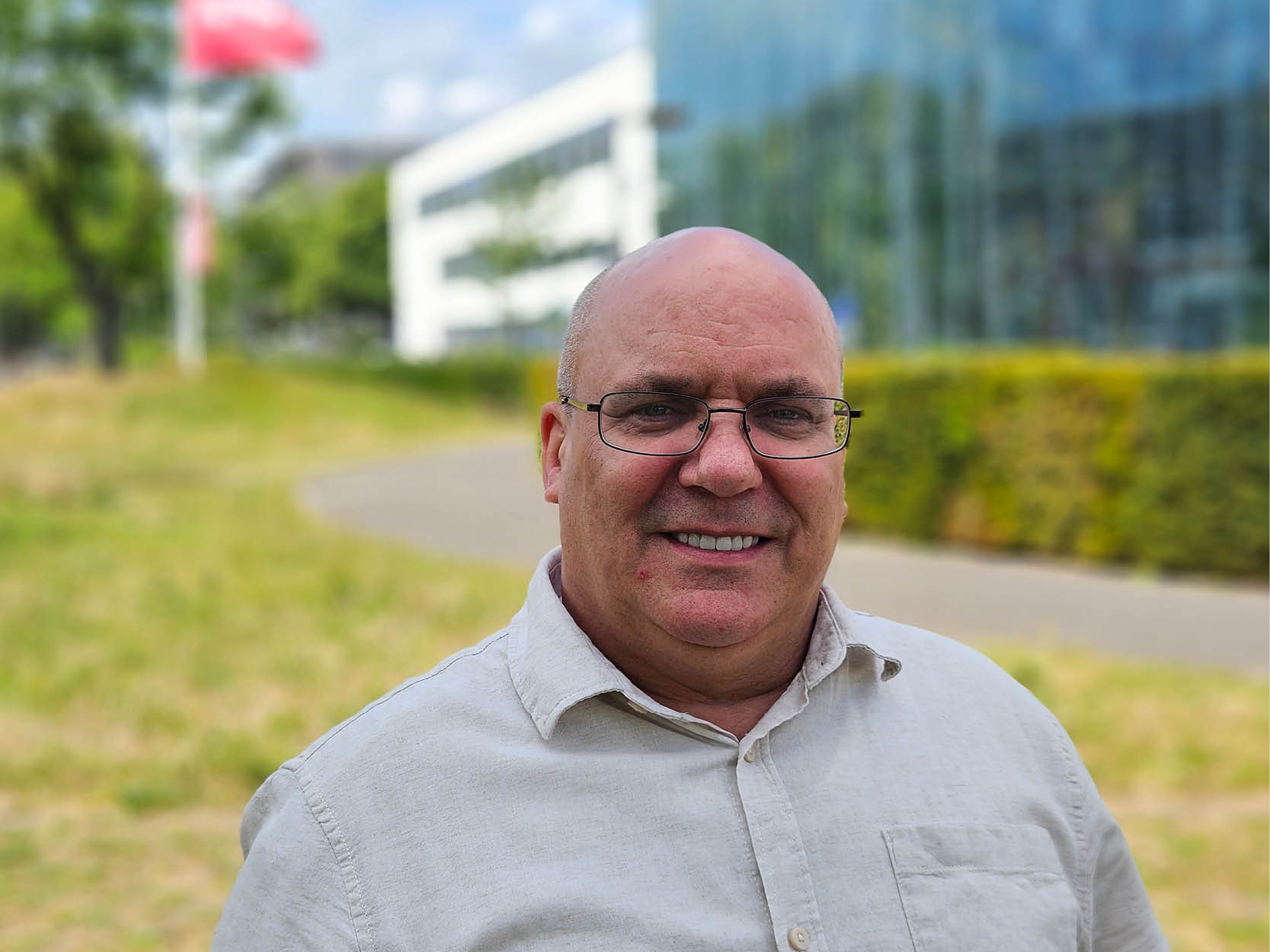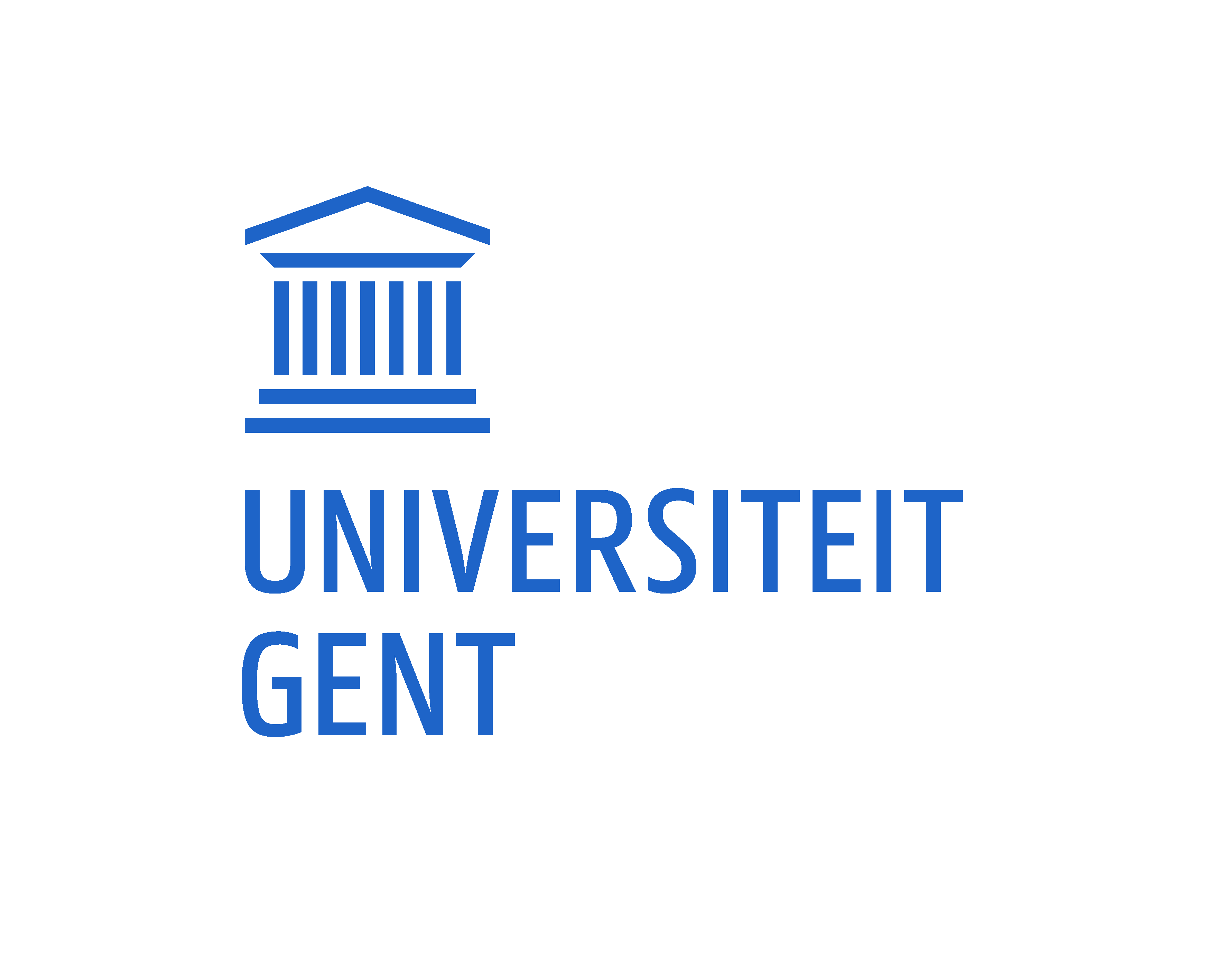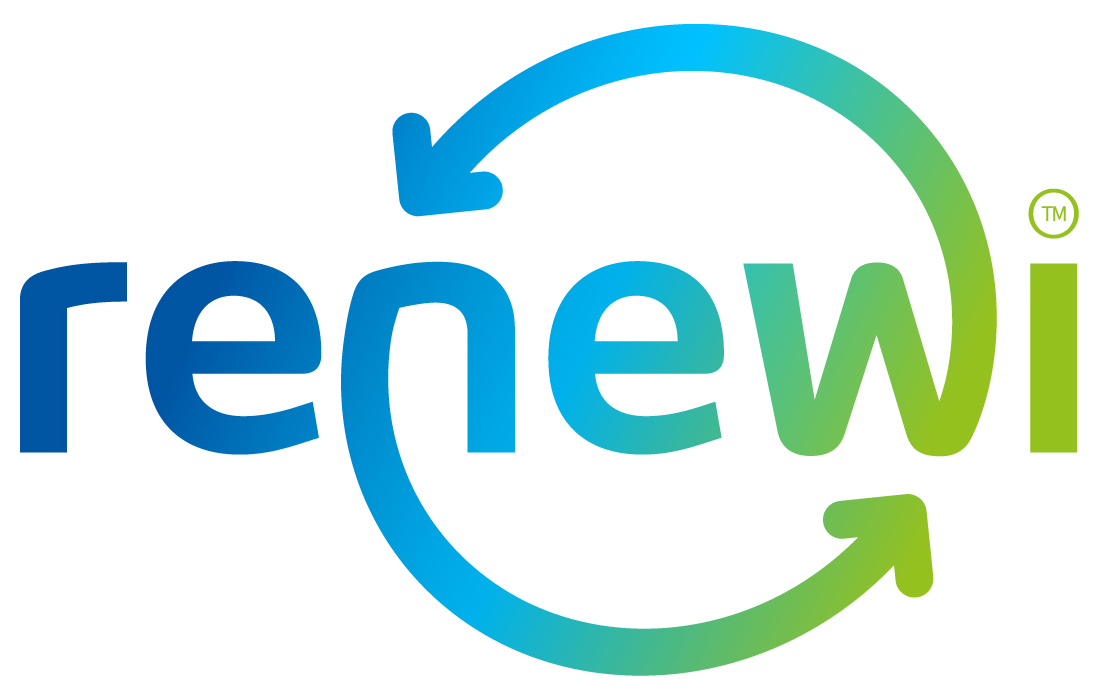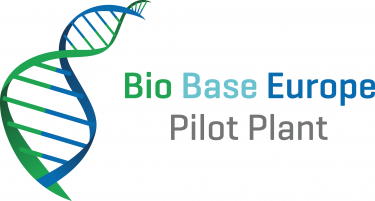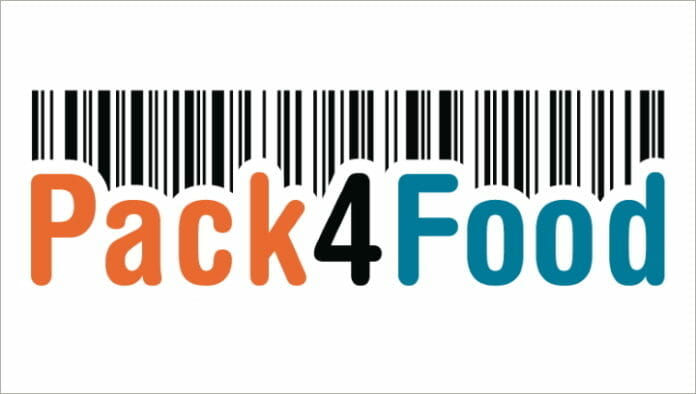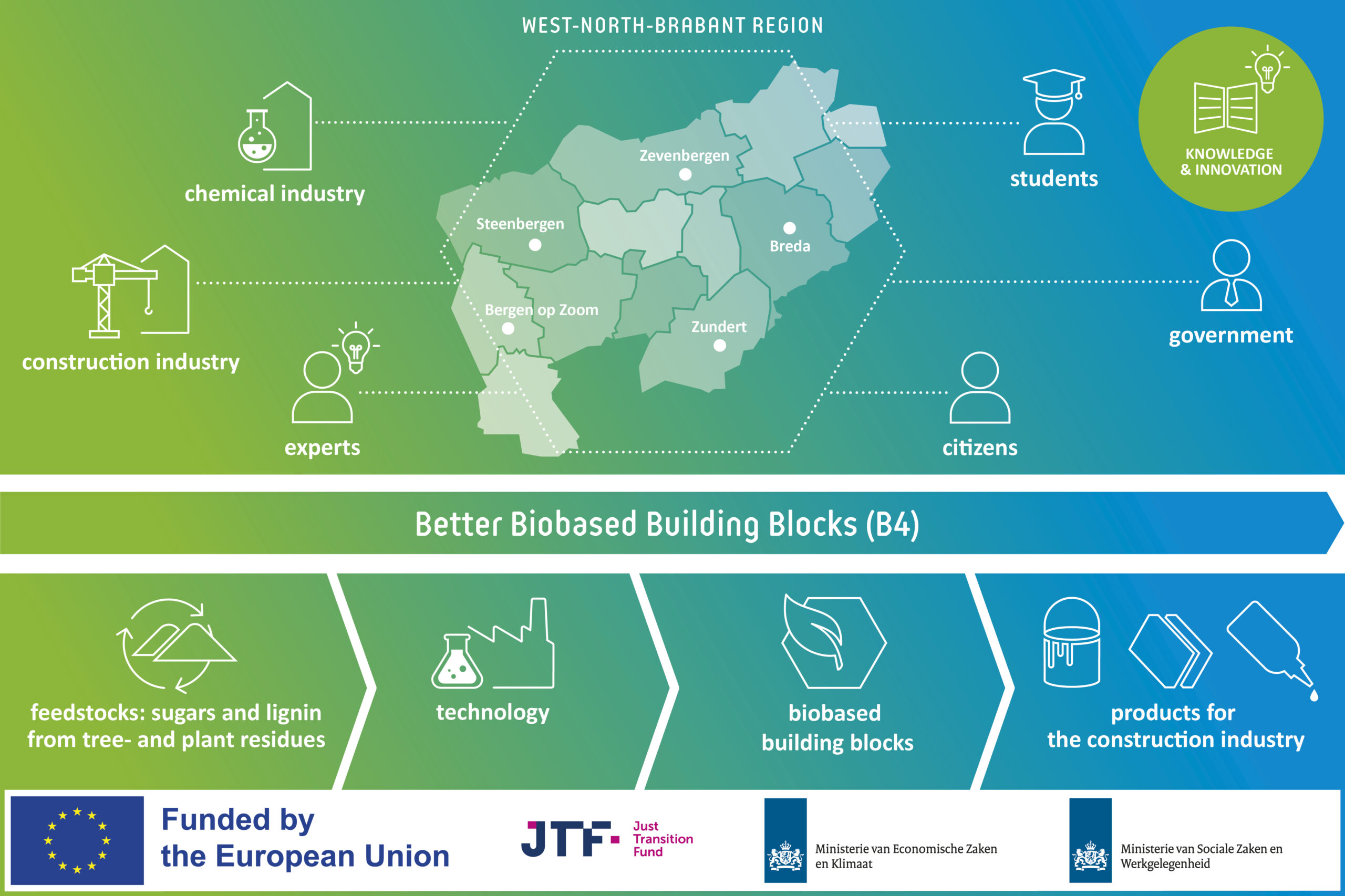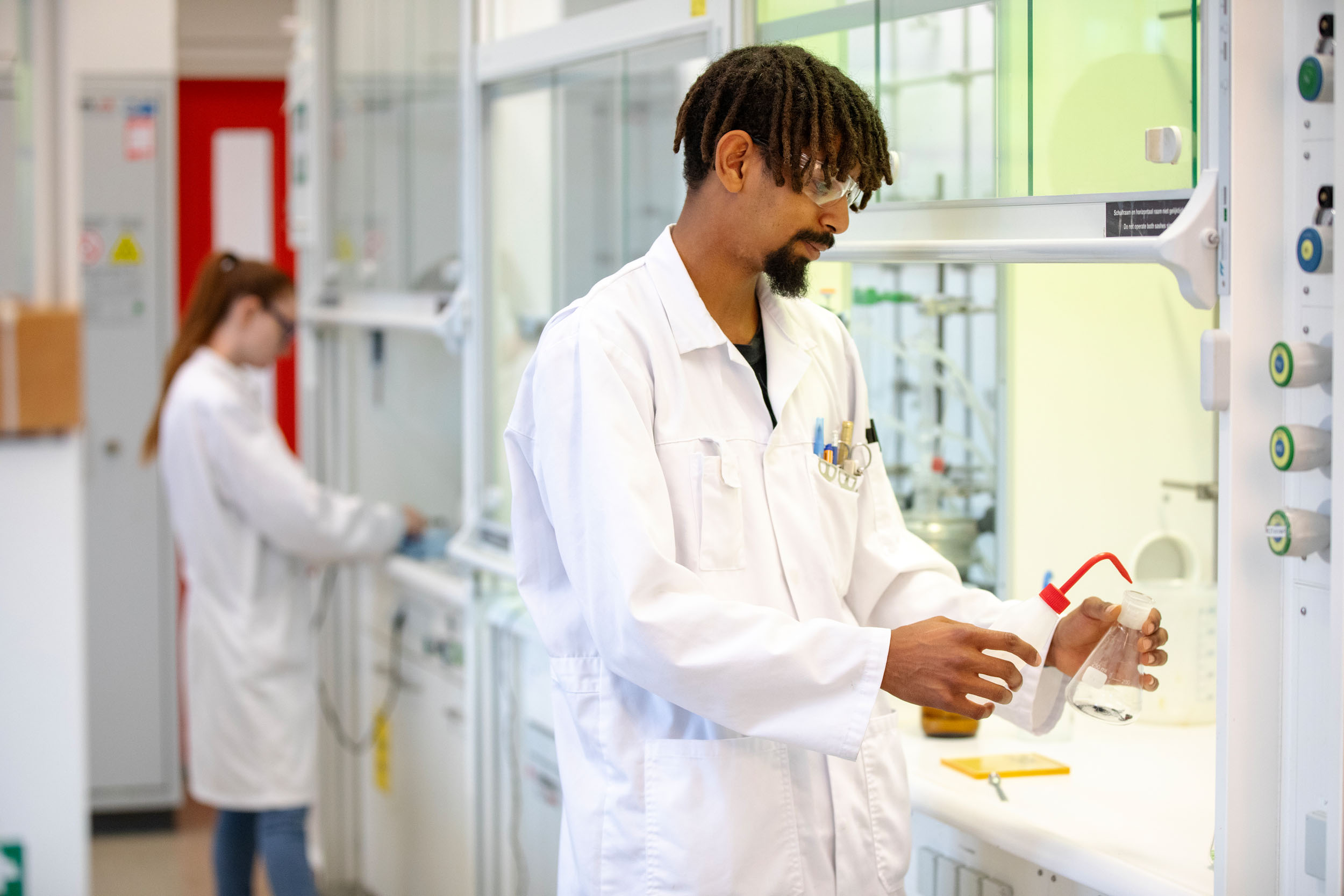Biobased plastics from paper and cardboard waste
In Flanders and the Netherlands, more than 1 million tons of paper and cardboard waste are incinerated each year. At the same time, the demand for fossil-free plastics is growing, and environmental issues such as microplastics are increasing. Fibre Save demonstrates that waste does not have to be lost: using specialized fermentation techniques, sugar-rich paper and cardboard waste is converted into PHB, a versatile biobased plastic.
Within the project, the partners develop and test PHB prototypes and products for various sectors. From lab- to semi-industrial scale, and from technical feasibility to ecological and economic assessment, Fibre Save shows that the production of biobased plastics is concrete and applicable.
Collaboration between research and industry
Fibre Save brings together a cross-border network of companies and research institutions. Renewi and VPK Paper supply waste streams, the Bio Base Europe Pilot Plant handles fermentation and scale-up, and MNEXT develops and tests PHB prototypes for various production processes and sectors. Ghent University explores the biomedical potential, while POM East Flanders analyzes economic feasibility and environmental impact. Pack4Food facilitates company engagement and helps bring the new materials to market.
Concrete and applicable
The project delivers not only innovative biobased plastics but also practical knowledge on application and scale-up. This enables companies to make their production more sustainable and contribute to a circular economy. Fibre Save shows that waste can be a valuable raw material and that biobased plastics are ready for use in real production systems.
With Fibre Save, the aim is to create an industry where plastics are not only functional and versatile but also sustainable and circular.
